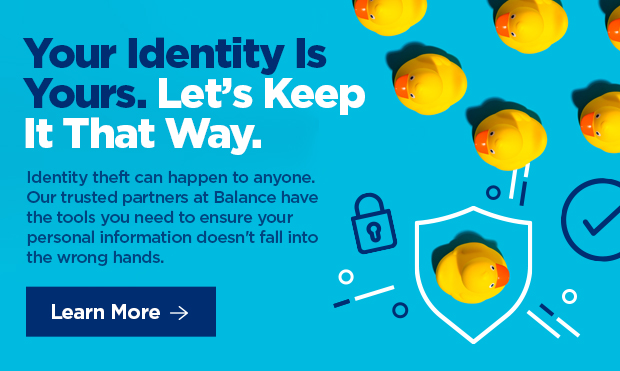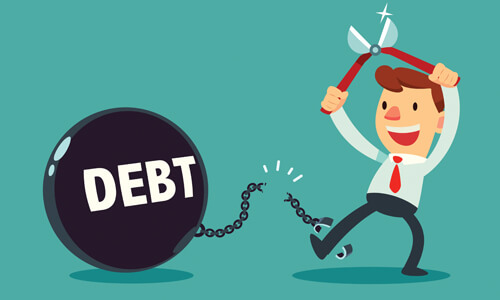No one likes to be in debt. It’s a downward spiral that never seems to end, and it’s an expensive burden to carry, too. Unfortunately, scammers often exploit the feelings of helplessness to lure victims into their debt-collection scams. Let’s take a look at these scams and how to keep yourself from falling victim.
How a debt-collection scams play out:
In a debt-collection scam, a scammer posing as a debt collector will call a victim and demand payment for an outstanding debt. The caller insists on a specific means of payment, usually a wire transfer or prepaid debit card. The scammer will sometimes threaten to tell the victims’ family members about the debt if it’s not paid up immediately. The alleged debt may be completely fabricated, or an actual debt the victim has that the scammer has learned about through social engineering or by hacking the victim’s private accounts. In either scenario, though, the caller is not a debt collector and represents only themselves. Of course, any money the scammer collects will go directly into their own pocket.
Red flags
Here’s how to recognize a debt-collection scam:
- The alleged debt collector demands immediate payment. A legitimate debt collector will always provide you with the option to dispute the debt and discuss payment arrangements.
- The caller insists on a specific means of payment. Scammers love having their victims cough up money through a payment method that cannot be undone, such as wire transfer or prepaid cards.
- The “debt collector” knows very few details about the debt. A genuine debt collector will have all the information on the debt and be able to answer any questions you may have.
- There is no contact information for the debt collection agency the caller allegedly represents. Ask for a phone number and street address for the agency. If none are forthcoming, it’s likely a scam.
Protect yourself.
Debt-collection scams can be difficult to spot, but with the right knowledge, you can protect yourself. Follow these tips to stay safe.
- When called by an alleged debt collector, verify the debt. Request written validation of the debt, including detailed information about the creditor, the amount owed and the nature of the debt. Legitimate debt collectors should be able to provide this information.
- Never share personal information with an unverified contact. If you’re asked to provide sensitive information by an unknown contact, it’s likely a scam.
- Check for licensing and credentials. Debt collectors are often required to be licensed in the state where they operate. Research the collector’s credentials and licensing status through your state’s attorney general’s office or consumer protection agency.
- Know your rights. Familiarize yourself with your rights under the Fair Debt Collection Practices Act (FDCPA) and other relevant consumer protection laws. These laws outline the rules that legitimate debt collectors must follow when attempting to collect a debt. For example, they can only contact borrowers at reasonable hours, they cannot call them at their workplace, harass them about a debt using threats or violence, lie about money owed or falsify the name of the agency they represent, among other restrictions.
- Keep detailed records. Maintain thorough records of any communication you have with debt collectors, including dates, times, names and contact details. If you suspect a scam, these records can serve as evidence if you need to report the incident.
- Request written communication. Ask the debt collector to communicate with you exclusively in writing. Legitimate collectors should be willing to provide written documentation of the debt and any payment arrangements.
- Stay informed. It’s a good idea to check your credit report on a regular basis for any unfamiliar or fraudulent accounts. Monitoring your credit can help you quickly identify any unauthorized activities related to debt collection. It’s also advisable to keep up with the latest scams so you are better equipped to identify and avoid them.
Debt collection scams can make the nightmare of debt even worse. Use the tips here to stay safe!







Comments Section
Please note: Comments are not monitored for member servicing inquiries and will not be published. If you have a question or comment about a Quorum product or account, please visit quorumfcu.org to submit a query with our Member Service Team. Thank you.